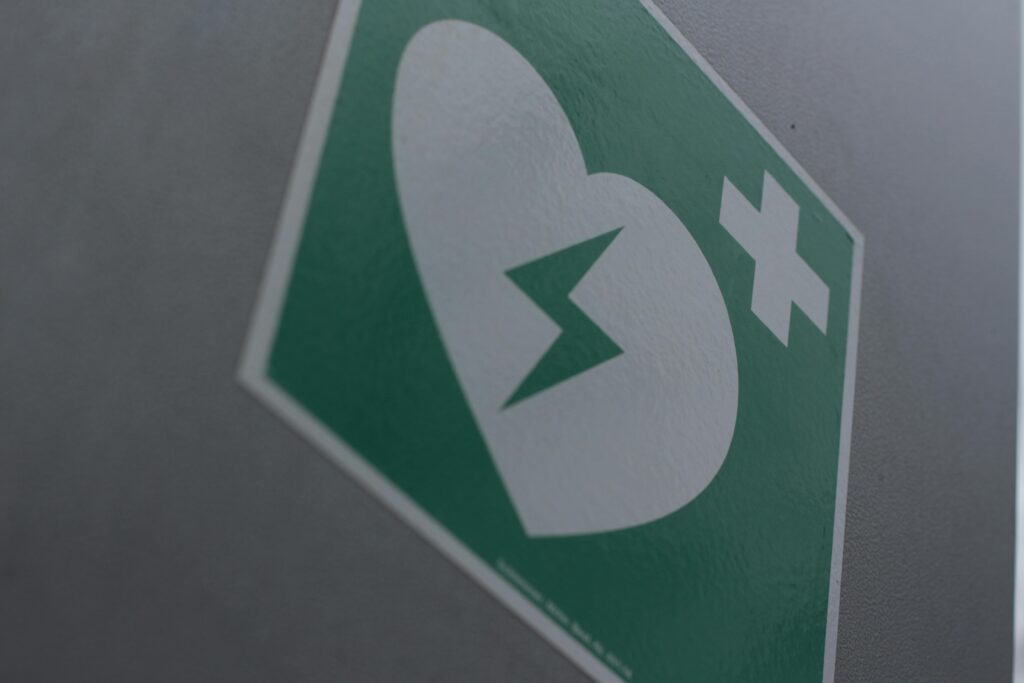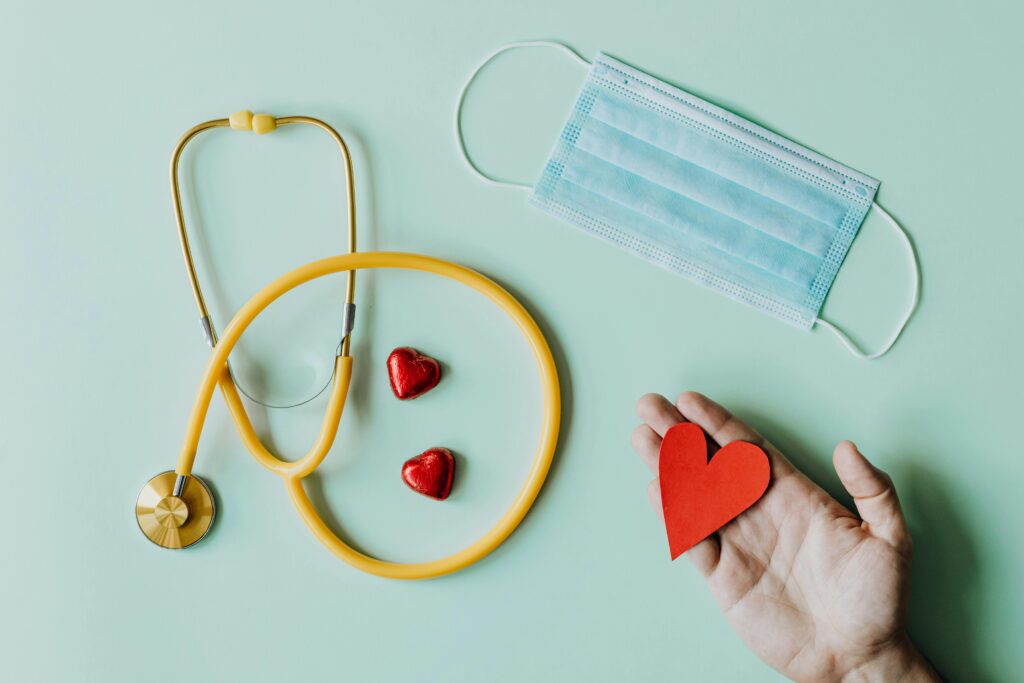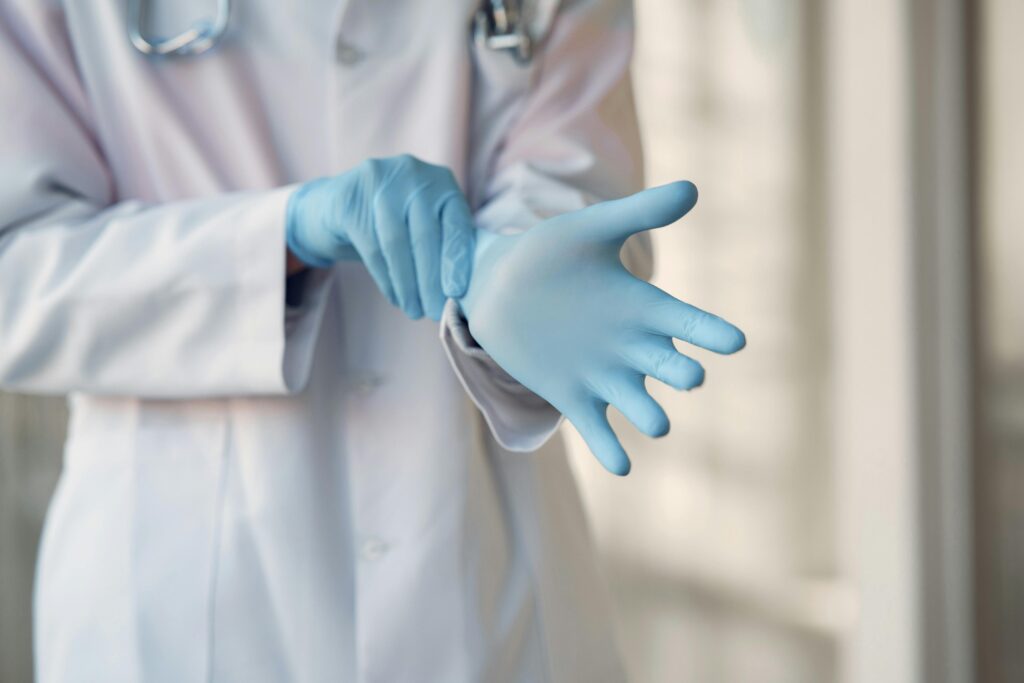Alabama Women Emily Capilouto has been patiently delaying her dream of starting a family, anxiously anticipating the resolution of a legal dilemma.
Following the Alabama Supreme Court’s decision on February 16, which equated frozen embryos with the legal status of a child, numerous in vitro fertilization clinics across the state opted to halt their programs temporarily.
“I was devastated when I learned that my clinic had stopped providing care because of the recent Supreme Court decision. I was at home at that moment, and the news hit me so hard that I couldn’t help but collapse in tears,” shared Capilouto.

Capilouto’s wait persists, a challenging journey where every moment counts.
“Every minute, day, and hour is crucial,” she emphasized. “In fertility treatments, timing is everything. Any delay can set us back months. You can’t simply restart the process if you lose a week or two. Sometimes, we have to wait four to six weeks before trying again.”
Adding to her ordeal is a medical complication. “Around two years ago, I discovered I had a congenital heart defect,” she explained. Fortunately, UAB swiftly addressed the issue within two months of diagnosis.
“We had been married for about six months when we received this news and were trying to conceive naturally,” she recalled. “But upon learning about my heart condition, doctors advised us to halt our efforts due to the risks it posed. Through this process, we discovered another severe and fatal mutation, incompatible with life.

This adds significant complexity and challenges to the process.
My husband and I embarked on a journey of genetic testing and procedures,” she shared. “It’s been over two years, involving numerous genetic panels, extensive counseling, and multiple surgeries on my part. Our goal is to ensure the best possible chance for a successful embryo transfer and ultimately, a healthy baby. We underwent our first egg retrieval last October, resulting in one viable frozen embryo. The second retrieval took place on January 31st this year, and we’re still awaiting the results of genetic testing to determine if we have any viable embryos. Initially, we hoped to begin a transfer as early as March or April, but now our entire timeline hangs in uncertainty.
Capilouto highlighted the potential health risks faced by other Alabama Women.

“One of my greatest concerns is for Alabama Women in our state who may receive a cancer diagnosis in the near future,” she explained. “They may have to make difficult decisions about fertility preservation and egg retrieval before starting treatment. No woman should face such decisions while fighting for her life. Planning for a family should come before such battles.






More Stories
New Movie Review: ‘The Idea of You’ – A Delightful Guilty Pleasure,2024
Marvel Fans Buzz with Theories About Deadpool 3’s Wolverine, Drawing Insights from X-Men ’97
TikTok and Universal Resolve Music Royalties Dispute: A Breakthrough Agreement Reached,2024